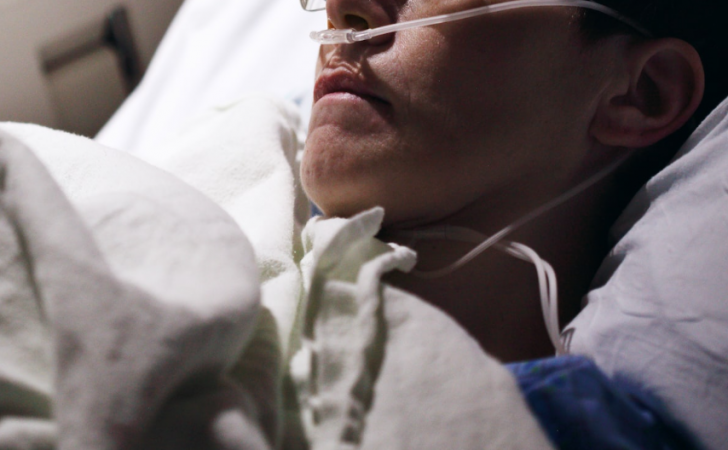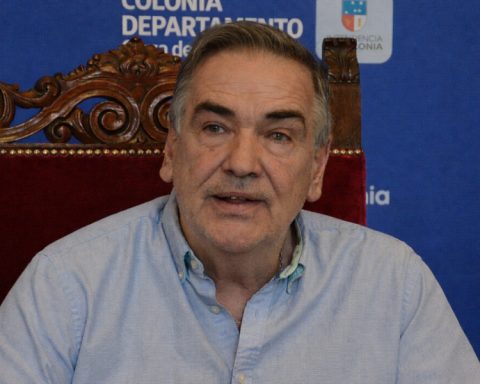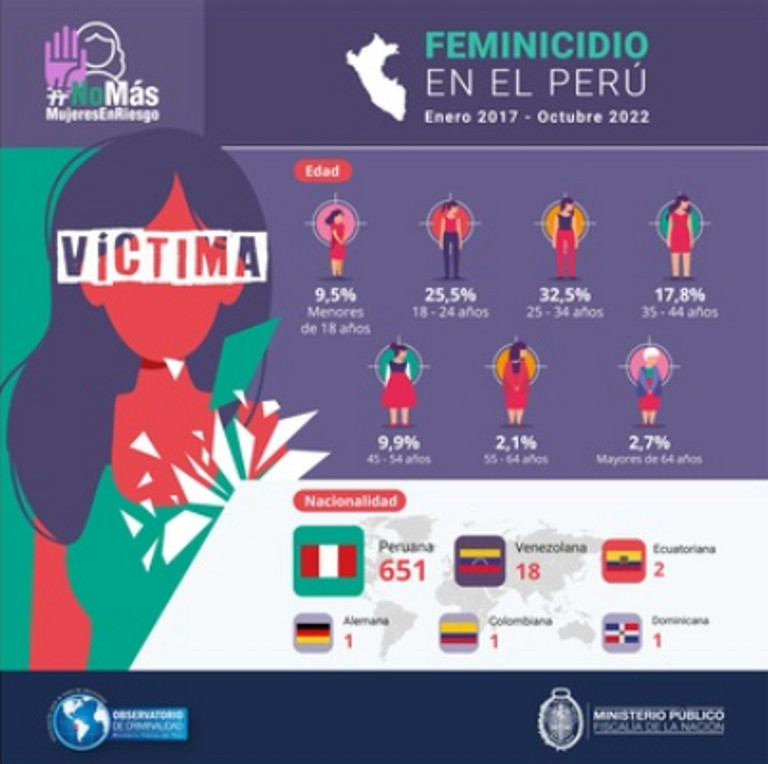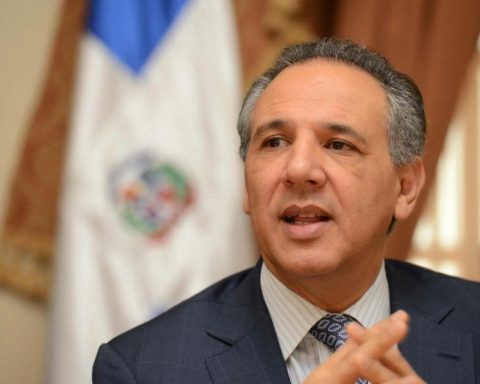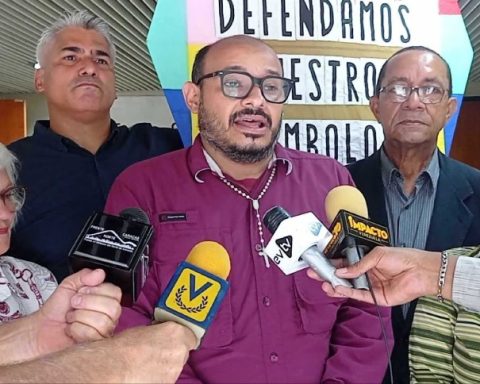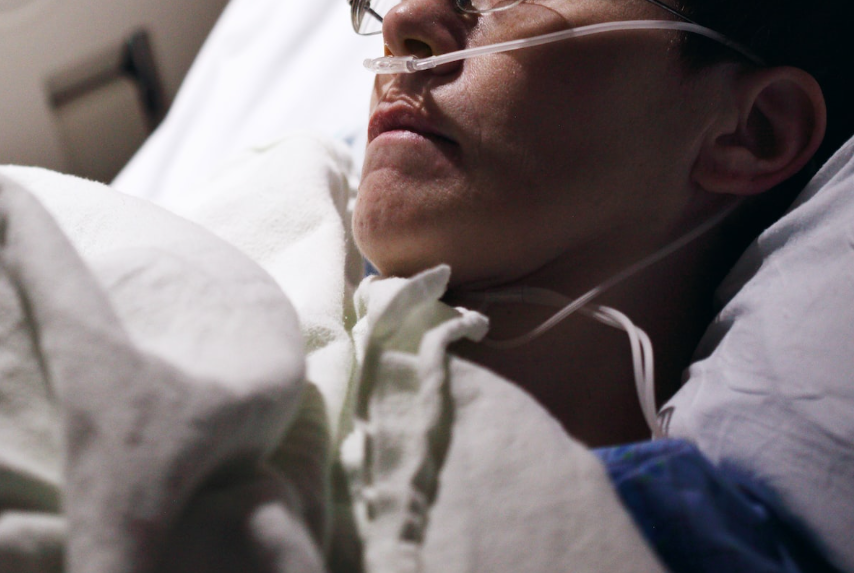
In October of this year, the euthanasia bill was approved by a large majority in the Chamber of Deputies, which was a proposal by the Colorado legislator Ope Pasquet and was accompanied by the Broad Front and the Colorado Party itself, as well as by the retailers Independent Party and People’s Party.
He received 57 votes in favor and 37 against, the latter from conservative and right-wing legislators from the National Party, as a result of fragmentations in the multicolored coalition in which there were diverse opinions.
During the parliamentary session in October, the discussions lasted for more than 16 hours, as a consequence of the diversity of positions regarding the right to euthanasia.
Now, the text of the law went up to the Chamber of Senators to obtain the other half sanction, but first it is being discussed in the Health Commission before entering the room for discussion and voting.
Said commission is made up of the Frente Amplio legislators Daniel Olesker, Charles Carrera and Sandra Lazo, who have already given their approval, and completed by lobbyist Guido Manini Ríos and Carmen Asiaín (National Party) who are against the decriminalization of the right to dignified death. The last to demonstrate was the red Carmen Sanguinetti who also voted against, leaving the situation in a tie.
The power of the tiebreaker is now in the hands of the National Party legislator, Amin Niffouri.
However, beyond what is defined in this advisory body, the project will be dealt with in Senators when one or more legislators propose it.
Carmen Sanguinetti against euthanasia
Sanguinetti has a rather conservative rhetoric, since he believes that death “is a process that has to do with life, (and) ultimately, we die when the time comes to die.” She believes that palliative care should be extended before defining “whether or not to move forward in that direction (euthanasia).”
Although the text of the law says that “any person of legal age, mentally fit, who suffers from one or more pathologies or chronic, incurable and irreversible health conditions, which seriously impair their quality of life, causing unbearable suffering” could accessing the right to die at will, the conservative legislator has a different opinion: “I have a nuance there. It has to do with a deeper question: what are we saying –as a society– to that person about the value of his life (…) It seems to me that a law in this sense deepens this vision that if you have a certain condition you are a person to which we can perform euthanasia, while if you are healthy, no ”.
Florencia Salgueiro, a member of the Empatía Uruguay collective, regretted that Sanguinetti was leaning in the negative. “Carmen Sanguinetti received us to talk about euthanasia, and we brought her material that illustrates the relationship between the rights of people with disabilities, palliative care and the right to a dignified death. The dialogue was remarkably unsuccessful, I am leaving very disappointed, ”Salgueiro wrote on her Twitter account.
According to her account, her father died in 2020 after three years of suffering from amyotrophic lateral sclerosis. “What happened to him is not deserved by anyone. In honor of his convictions, I am going to expand a bit on why Euthanasia should be legal in Uruguay ”.
